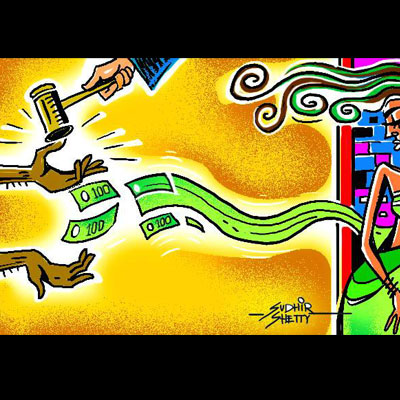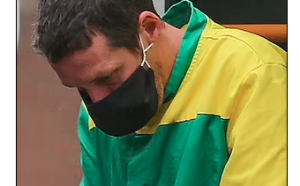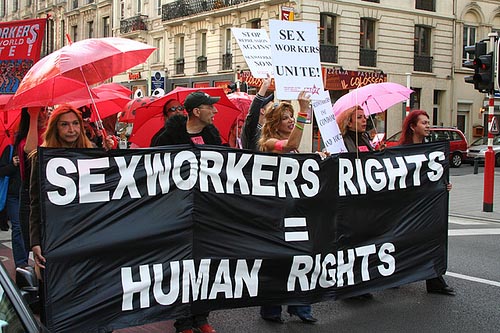While appreciating the recent outpouring of support from writers, poets, filmmakers and political thinkers, the National Network of Sex Workers India (NNSW), the oldest network of sex workers in India has wondered why women are not being made a part of the debate on the topic. “Voices of women in sex work are sadly missing in this discussion. We don’t want people to make statements and decide for or about us, without us being made a part of this process.
These discussions must reflect our lived realities and demands,” said Kokila President of NNSW, who represents Vadamalar federation of 11 collectives in 19 districts across Tamil Nadu. She was speaking to dna on the sidelines of a two-day discussion by leaders of sex workers’ collectives representing the NNSW from Karnataka, Tamil Nadu, Maharashtra, Kerala and Andhra Pradesh, gathered on laws affecting them and demanded decriminalisation of sex work in India.
“We are fighting for our human rights for the last two decades and only decriminalization can provide safe working conditions for us and our children,” said Bharathi, NNSW member from Karnataka Sex Workers Union. Other members like Sakina from Uttara Kannada Mahila Okkuta, a federation of CBOs in Karnataka reaches out to over 5,000 sex workers echoed her. “Police abuse and harass us for soliciting and doing sex work in public places. Sex workers suffer because of raids conducted under the Immoral Traffic (Prevention) Act. We have discussed the laws affecting sex workers in the workshop including ITPA and also learnt about CEDAW.”
Alivelu, secretary, NNSW and representing Me and My World in AP, said that the women will go back to their states and train local members. “We want to live a life of dignity like others,” she said. She hails from Tirupathi, where over 4,000 sex workers, including neighbouring towns have collectivised.
Sangeetha, board member, NNSW from VAMP Maharashtra, working from five collectives in four districts, said, “Our voice to strengthen our rights has found support at the international level. The Special Rapporteur on Violence Against Women, Rashida Manjoo has recommended that the ITPA legislation which criminalizes sex workers should be reviewed and the trafficking response should not ignore the need for effective measures to protect the rights of sex workers.”
The report titled the “Report of the Special Rapporteur on Violence Against Women, its causes and consequences, Mission to India” was submitted by the Human Rights Council for consideration to the UN General Assembly in April 2014 following Manjoo’s visit to India. The report notes that sex workers in India are “exposed to a range of abuse including physical attacks, and harassment by clients, family members, the community and state authorities.” It further states, “Sex workers are forcibly detained and rehabilitated and consistently lack legal protection,” and that they “Face challenges in gaining access to essential health services, including for treatment for HIV/AIDS and sexually transmitted diseases.”
Eminent Kannada writer, Kamala Hampana’s remark while addressing women where he had said, “Sex work can never be completely eradicated but can be transformed to make sex workers live a life of dignity. You should continue this struggle. I am with you in your struggle.”
Source DNA India








[…] “We are fighting for our human rights for the last two decades and only decriminalization can provide safe working conditions for us and our children,” said Bharathi, NNSW member from Karnataka Sex Workers Union. Other members like Sakina from Uttara Kannada Mahila Okkuta, a federation of …read more […]
[…] Not eradication but decriminalisation, demand sex workers […]